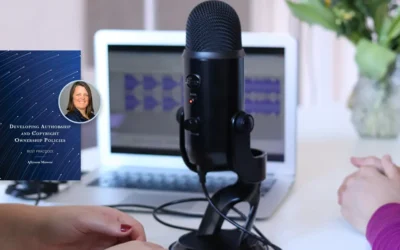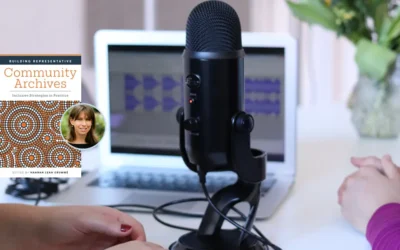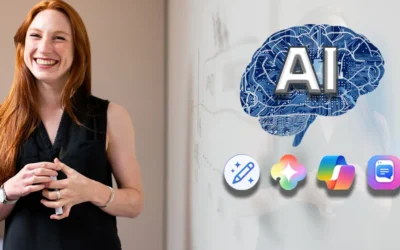The Librarian’s Secret Weapon
Lucidea
I’m reading a wonderful book at the moment, called “The Little Paris Bookshop,” by Nina George. In it, one of the characters says, “The others all left with the riddle unsolved; none of them asked the right questions. Asking questions is an art.” In my experience, that is very true …and the ability to practice that art in support of a patron’s or user’s needs is a librarian’s secret weapon.
Without exception, the best and most talented librarians I’ve met have an innate ability to ask questions that get to what the requester truly needs—to narrow or broaden the search, for example, and definitely to understand both the “why” and the “so what” of the request. That ability is part of a librarian’s DNA, but let’s take a quick look at the components of a thorough reference interview.
It’s all about you
During a reference/request interview, remember to focus on your client. Ask them questions such as:
- When do you need this information?
- What is the deliverable you are required to produce, using this input?
- Who is your audience?
- What is your deadline?
- This is a multi-part request; which information do you need first?
Let’s explore
After the basics are locked down, it’s time to explore the “why” and the “so what” of the request. We all know that often what a requester wants (e.g., what they ask for) isn’t really what they need. They might not be asking the right questions, but you definitely must. Ask questions like:
- Can you help me understand why you are interested in the specific resource you mentioned?
- You asked for X, but do you think that you may also need Y and Z in order to have the full picture?
- You asked for X, but I worked on something just like this recently, and we discovered that Y is actually much more relevant …may I give you that information?
- Have you spoken to John/Mary in the ABC department? He/she knows a lot about this.
- How much detail do you need? Do you need a quick overview now, with truly comprehensive research later—depending on what we find?
- Can we process or summarize the information for you so that it’s faster to digest?
- What kinds of decisions or recommendations will you make, based on the information we find?
- I know that the HR/Finance/Marketing department collects data related to your question …is it okay with you if we engage them in the request?
Administrative issues are always with us
- What format would you like the materials in?
- May we email it to you? Should we copy anybody else?
- It might be good to meet and go over what we find …would that work for you?
I mentioned the all-important “why” and “so what?” In order to do a fantastic job (and go beyond a transactional approach), you have to understand the background of the research request. Simply saying “why are you asking for this?” won’t get you there. The art is in breaking the question(s) into component parts, and listening to the answers. The “so what” is all about understanding what part the information you unearth will play in the project, process or presentation, and ultimately the professional success of your client. Knowing how to arrive at that understanding is your secret weapon.
Similar Posts
Interview with the Author: Allyson Mower on Authorship
Interview with the author of a book on authorship and copyright policies; tips on establishing fair authorship policies and procedures.
Interview with the Editor: Hannah Crummé on Inclusive Strategies in Practice
A framework for librarians and archivists on how to go back and reconstitute and reconstruct community histories more inclusively.
Interview with the Chair of ALA’s GODORT (Government Documents Roundtable)
Library expert’s interview with Benjamin Aldred, current chair of the Government Documents Roundtable of the American Library Association
New AI Tools to Discover in 2024
Library expert’s list of new AI tools to explore; benefits and cautions, thoughts on how AI may shape life and work.
Hosting service
Enjoy all of the benefits of your Lucidea solution with secure, reliable, stress free hosting
Programs & incentives
No matter your size or budget, we’ve got you covered, today and tomorrow



